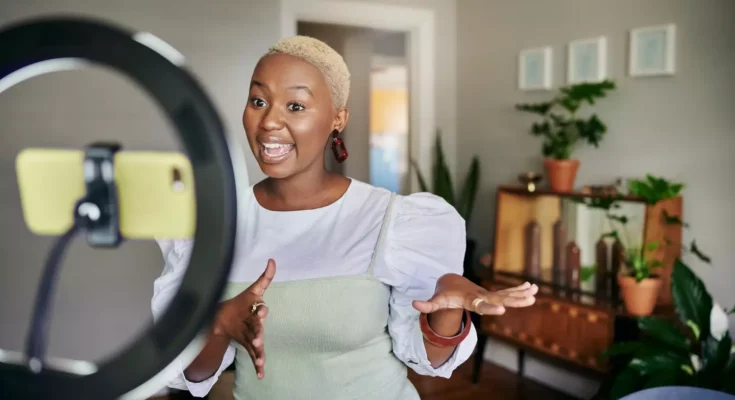Meta are reportedly offering creators thousands of dollars to join Facebook and Instagram and TikTok’s final demise looms.
It sounds like TikTok‘s loss is Meta’s gain. With the future of the short-form video platform hanging in the balance, it seems Donald Trump’s vow to #SAVETIKTOK has only delayed its potential shutdown. One of the President of the United States’ first acts was to the “Application of Protecting Americans From Foreign Adversary Controlled Applications Act to Tiktok” order, giving the Chinese-operated ByteDance another 75 days to try and negotiate a deal where the USA gets ‘at least’ 50% of its operations.
Trump has warned that China would be foolish not to accept a deal put forward, telling reporters TikTok will be “worthless if I don’t approve it.”

Meta could be trying to cash in on TikTok’s potential ban (mapodile / Getty)
Although TikTok is back for its 170 million US users, it’s still banned on the app stores, which has led to a bizarre side effect where people are trying to sell TikTok-loaded iPhones on eBay. Elsewhere, Senator Tom Cotton has said that companies that host or distribute the “communist-controlled TikTok could face hundreds of billions of dollars of ruinous liability under the law.”
Meta is poised to make the most of this potential power vacuum and is already offering creators a healthy incentive to abandon the TikTok ship.
Despite TikTok not being directly mentioned by name, the timing seems more than a little convenient as Meta announces its “Breakthrough bonus program.” Creators joining from ‘other’ apps can earn up to $5,000 in bonuses.
The Breakthrough bonus program is available to creators in their first 90 days of signing up, stating that they need to share at least 20 reels on Facebook and 10 reels on Instagram. This comes with the caveat that they need to hit the milestone within 30 days of accepting the terms and conditions, but if you’re a regular content creator, it should be relatively easy.
There are other potential issues with the scheme, and aside from them being original videos not shared elsewhere, the Meta site states you have to be brand-new to monetizing on Facebook
Other perks include a free subscription to the blue checkmark verification system, although it seems like Meta will decide who to accept on a case-by-case basis.
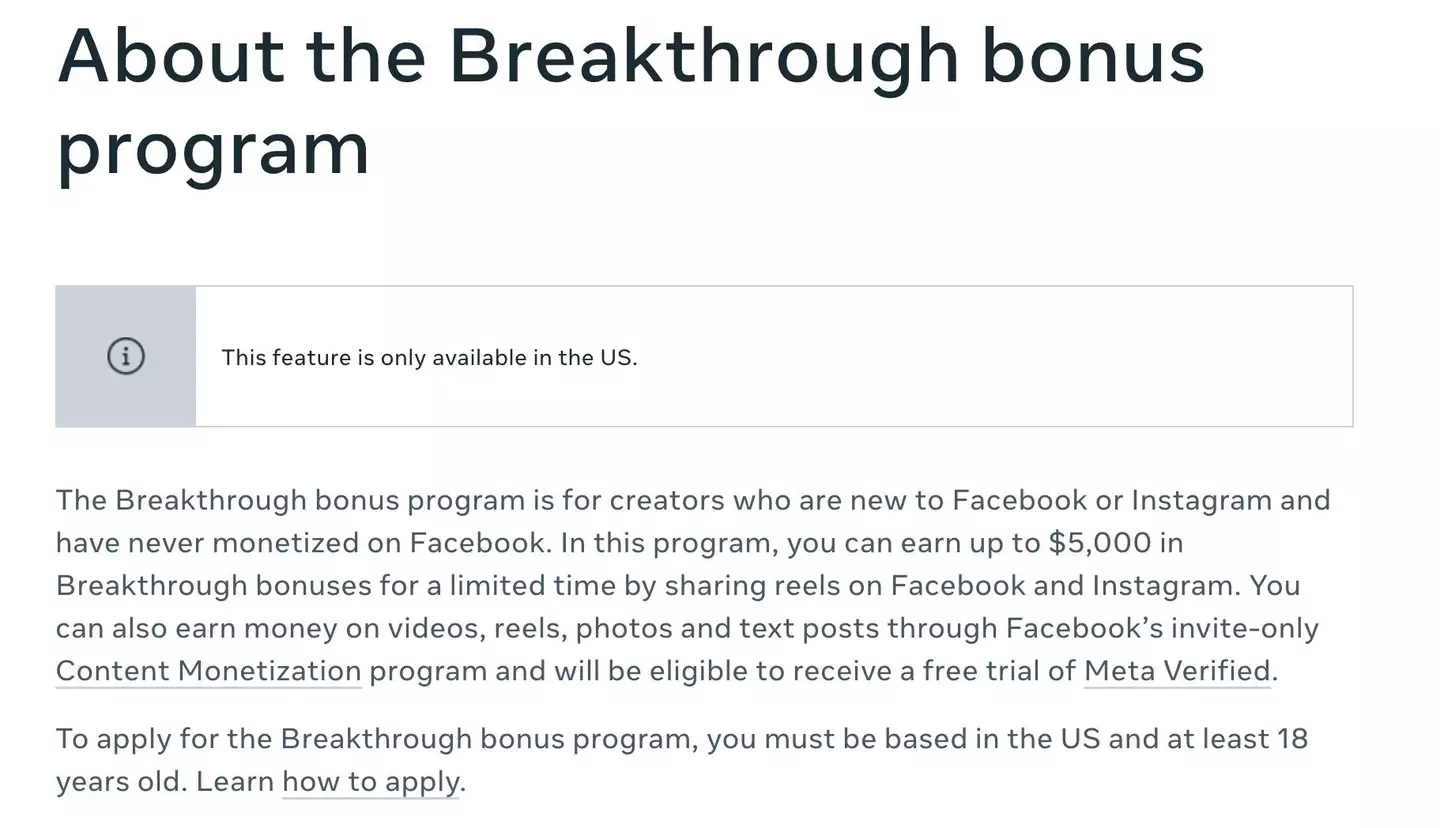
The Breakthrough bonus program comes with some important rules (Meta)
The small print says: “Meta will calculate the bonus based on an evaluation of your social presence. You’ll be paid through the Facebook payout account you set up during your application.”
You must share your content on at least 10 separate days, while reels shared have to be public and can’t be promoted or boosted as ads.
This isn’t Meta’s only attempt to muscle in on TikTok’s potential murder in the USA.
Meta just announced its Edits video editing app which is more than a little similar to ByteDance’s (also in danger) CapCut. There was also a recent video where two Facebook creators discussed the platform’s ‘new affiliate link experience for your shoppable content.’ If that doesn’t sound like Meta’s own version of the TikTok Shop, nothing does.
If you still aren’t convinced that Meta is ready to cannibalize TikTok at a moment’s notice, how about the change to turn Instagram posts from squares into TikTok-inspired rectangles?
TikTok CEO Shou Zi Chew was a surprise tech guest at Trump’s inauguration, although we don’t imagine he’ll be too happy with Mark Zuckerberg‘s Meta overhaul. Then again, they say imitation is the sincerest form of flattery.

The future of Facebook (well, Meta) is here.
That’s right, the social media platform is making its biggest push into artificial intelligence yet.
Instagram and Facebook are said to be opening the floodgates to AI-controlled accounts in a bid to connect with younger generations.
Yes, we apparently can’t be trusted to talk to actual human beings anymore.
While the likes of Snapchat and TikTok are already cashing in on the AI boom, the older platforms are lagging…until now.
In July 2024, Meta launched its AI Studio tool that allows users to make their own chatbots that could make a copy of themselves or create an artificial persona online.
You might not have noticed, but they’re already lurking among us, with ‘hundreds of thousands’ of characters apparently already being created.

Meta wants to make a push toward AI personas over the next two years (Teera Konakan / Getty)
The priority for the next two years is to make Meta’s apps ‘more entertaining and engaging’. Meta already lets AI answer questions from someone’s followers, but the next step involves text-to-video generation software that will put those same creators into AI-generated videos.
Speaking to the Financial Times, Connor Hayes, vice president of product for generative AI at Meta, explained, “We expect these AIs to actually exist on our platforms in the same way that [human] accounts do.”
Hyping this influx of AI beings, Hayes continued: “They’ll have bios and profile pictures and be able to generate and share content powered by AI on the platform…that’s where we see all of this going.” Although Hayes says these AI creations have been kept private for now, they’re being encouraged to unleash them onto the World Wide Web.
With this, there are obvious concerns that the Dead Internet Theory’ is more alive than ever. We recently shared worries that the Dead Internet Theory was being pushed through by AI, and this does nothing to help the argument that the internet isjust computers talking to computers.
Even for those who aren’t creating AI accounts to make Facebook look more populated than it really is, the FT’s report claims that the majority of creators are already using AI to enhance their real-world content.
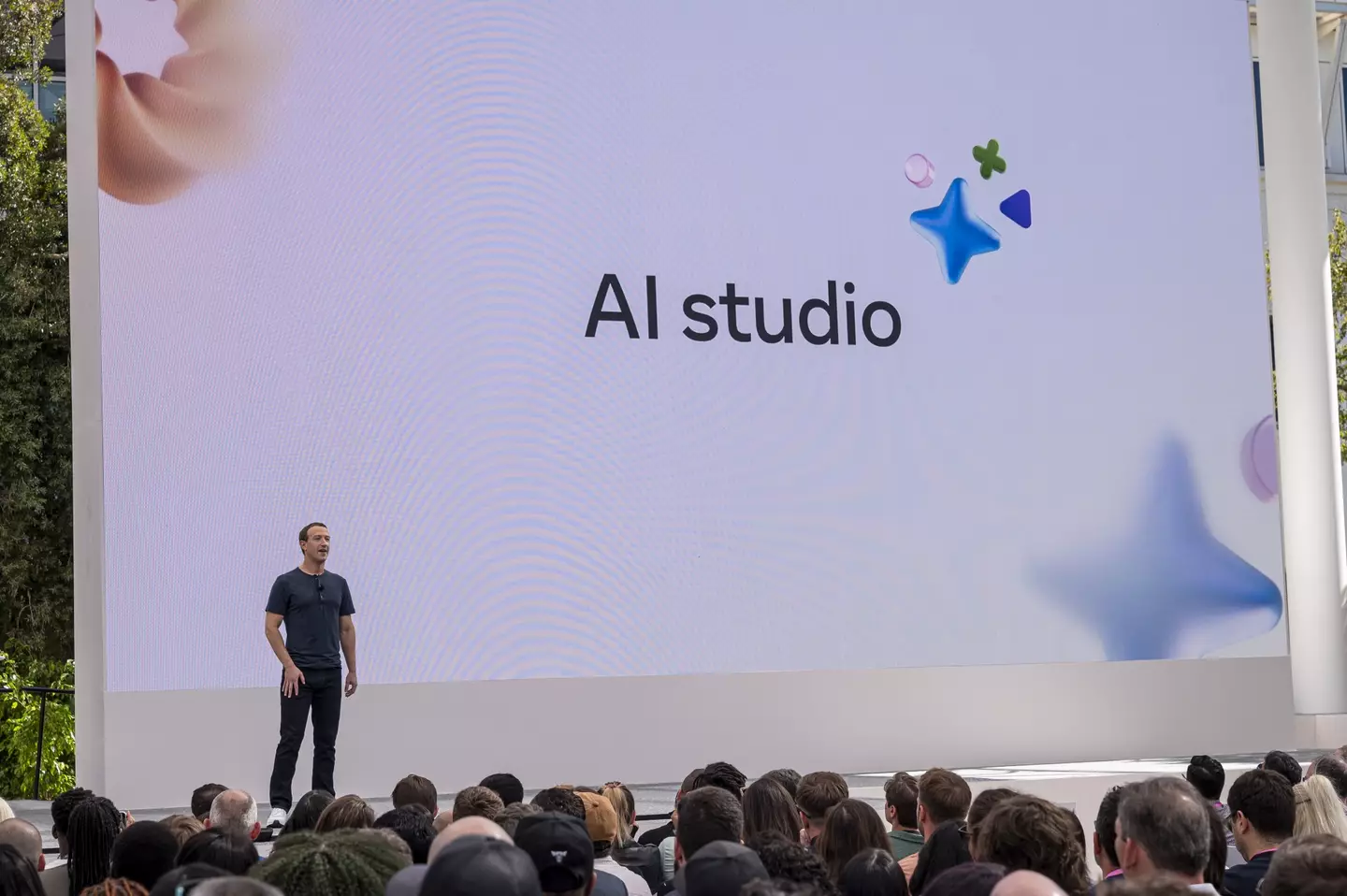
Mark Zuckerberg continues looking to an AI future (Bloomberg / Contributor / Getty)
The race is on to capitalize on generative AI as quickly as possible. In September 2024, Snapchat’s generative AI tools were rolled out to help creators earn revenue from designing characters for augmented reality experiences.
TikTok wasn’t far behind with a whole suite of tools known as Symphony. The trial allows brands and creators to advertise with AI, translate content into different languages, and use AI-generated avatars.
Facebook CEO Mark Zuckerberg previously showed off an AI avatar that was able to host video calls and subdued concerns by reassuring users that they could install protocols to avoid discussing certain topics.
Becky Owen, global chief marketing and innovation officer at creative agency Billion Dollar Boy, warned of the dangers of ‘AI slop’, saying: “Without robust safeguards, platforms risk amplifying false narratives through these AI-driven accounts.”
Remembering the tragic case of 14-year-old Sewell Setzer III who took his own life after becoming infatuated with a chatbot, it’s only fair that the concerns of an AI-powered Facebook are addressed.
As Owen concludes: “Unlike human creators, these AI personas don’t have lived experiences, emotions, or the same capacity for relatability.”

They warned us that artificial intelligence would be coming for our jobs, but more than just writers, customer service workers, and data entry professionals, others are learning their jobs are being overtaken by AI.
Meta CEO Mark Zuckerberg has been grabbing headlines thanks to sweeping changes that confirm the company is loosening its rules on free speech, and now, he finds himself back in the news with more controversy.
As reported by Business Insider, Zuckerberg plans to automate coding jobs before the end of 2025.
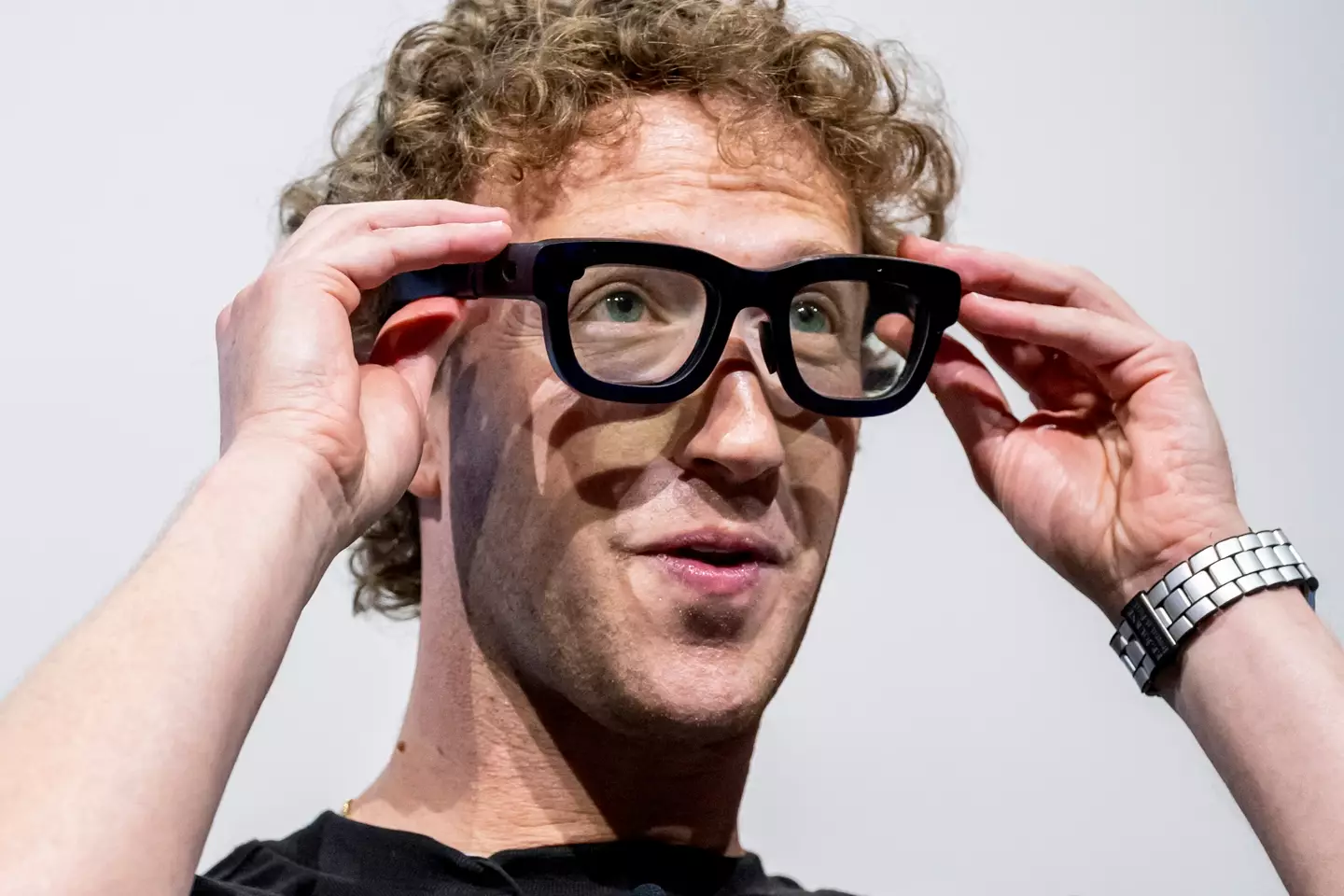
Mark Zuckerberg is looking to an AI future for Meta (Bloomberg / Contributor / Getty)
Speaking on The Joe Rogan Experience podcast where the tech entrepreneur fired shots at Apple, Zuckerberg explained: “Probably in 2025, we at Meta, as well as the other companies that are basically working on this, are going to have an AI that can effectively be a sort of midlevel engineer that you have at your company that can write code.”
Business Insider notes that the average midlevel engineer earns mid-six figures, and although an AI replacement will be expensive to get off the ground, there will be savings in the long run.
Zuckerberg added: “In the beginning, it’ll be really expensive to run, and you can get it to be more efficient.
“Over time it’ll get to the point where a lot of the code in our apps and including the AI that we generate is actually going to be built by AI engineers instead of people engineers.”
Arguing that this AI push will ‘augment’ workers, he continued: “My view on this is like the future people are just going to be so much more creative and they’re going to be freed up to do kind of crazy things.”
It’s important to note that Zuckerberg hasn’t specifically outlined any layoffs. Still, he dodged the issue when Rogan pushed on whether jobs would be lost.
Zuckerberg continued to champion his new regime, saying that most people would’ve been farmers 150 years ago but that figure now sits at around 2%. He says that the history of technology has always suggested advancements will lead to certain jobs going obsolete, although we’re not sure the Meta workers who are in danger of losing their jobs will see this as a good thing in terms of evolving the human race.
With potential layoffs at Facebook, Instagram, and WhatsApp, coding is poised to go from a highly sought-after role to one that’s surplus to requirement. Zuckerberg hopes that Meta will reach a point where all coding within its apps and even the AI it generates will be done by AI itself. That definitely sounds like the Dead Internet Theory to us, especially as Meta was already under fire due to plans to flood Facebook with AI accounts and replace real users with bots.
Meta’s coders aren’t the only ones at risk, and while not being replaced by AI, those who work on the company’s DEI initiatives could also be shown the door. Janelle Gale, Meta’s vice president of human resources, sent a memo to staff saying: “We will no longer have a team focused on DEI.”
Even though Zuckerberg points to how other tech giants are automating their jobs, that’s unlikely to take the sting out of a potential wave of layoffs as we’re replaced by AI.

Warning: This article contains discussion of hate speech which some readers may find distressing.
Meta has made some major changes to its hate speech guidelines and will now permit users to say that LGBTQ people are ‘mentally ill’.
Similar to previous guidelines for Meta’s platforms, which includes Facebook, Instagram and Threads, users are prohibited from making insults about someone’s intellect or mental illness.
However, an amendment has been made to now allow billions of users to accuse others of being mentally ill based on their gender identity or sexuality.
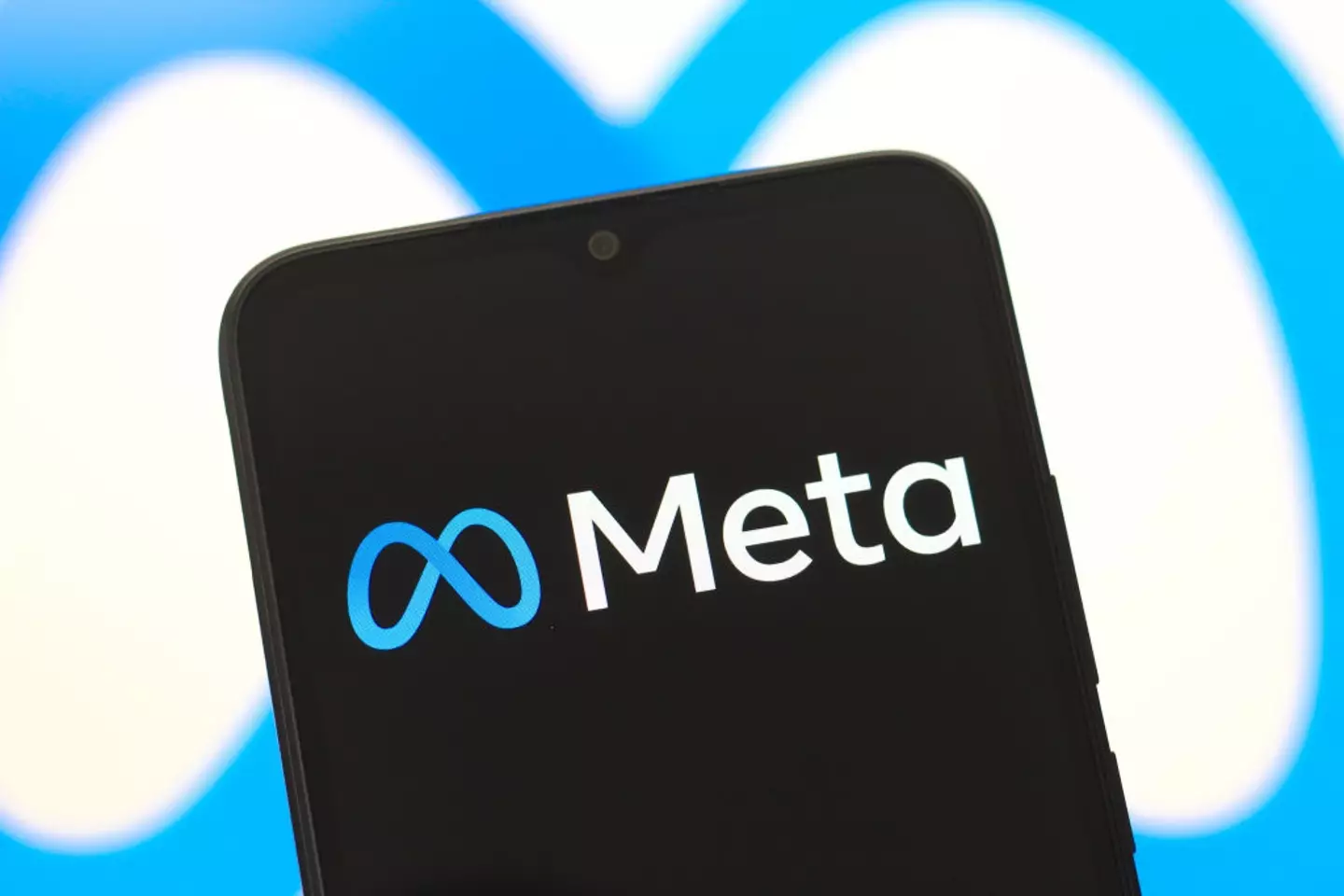
Meta has made major changes to its guidelines (Thomas Fuller/SOPA Images/LightRocket via Getty Images)
The guideline changes were made earlier this month and the new guidelines read: “We do allow allegations of mental illness or abnormality when based on gender or sexual orientation, given political and religious discourse about transgenderism and homosexuality and common non-serious usage of words like ‘weird’.”
Meta’s broader changes to how it moderates speech on its platforms will replace the firm’s fact-checking system, according to CEO Mark Zuckerberg.
Some of the changes to Meta’s guidelines on hate speech include the removal of rules that prohibit users from making insults on a person’s appearance based on disability, religious affiliation, caste, sexual orientation, sex, gender identity, race, ethnicity, national origin, and serious disease.
The company previously forbade its users from referring to transgender people as ‘it’ but this has since been scrapped.
In a statement, President and CEO of GLAAD, Sarah Kate Ellis, said: “Without these necessary hate speech and other policies, Meta is giving the green light for people to target LGBTQ people, women, immigrants, and other marginalized groups with violence, vitriol, and dehumanizing narratives.
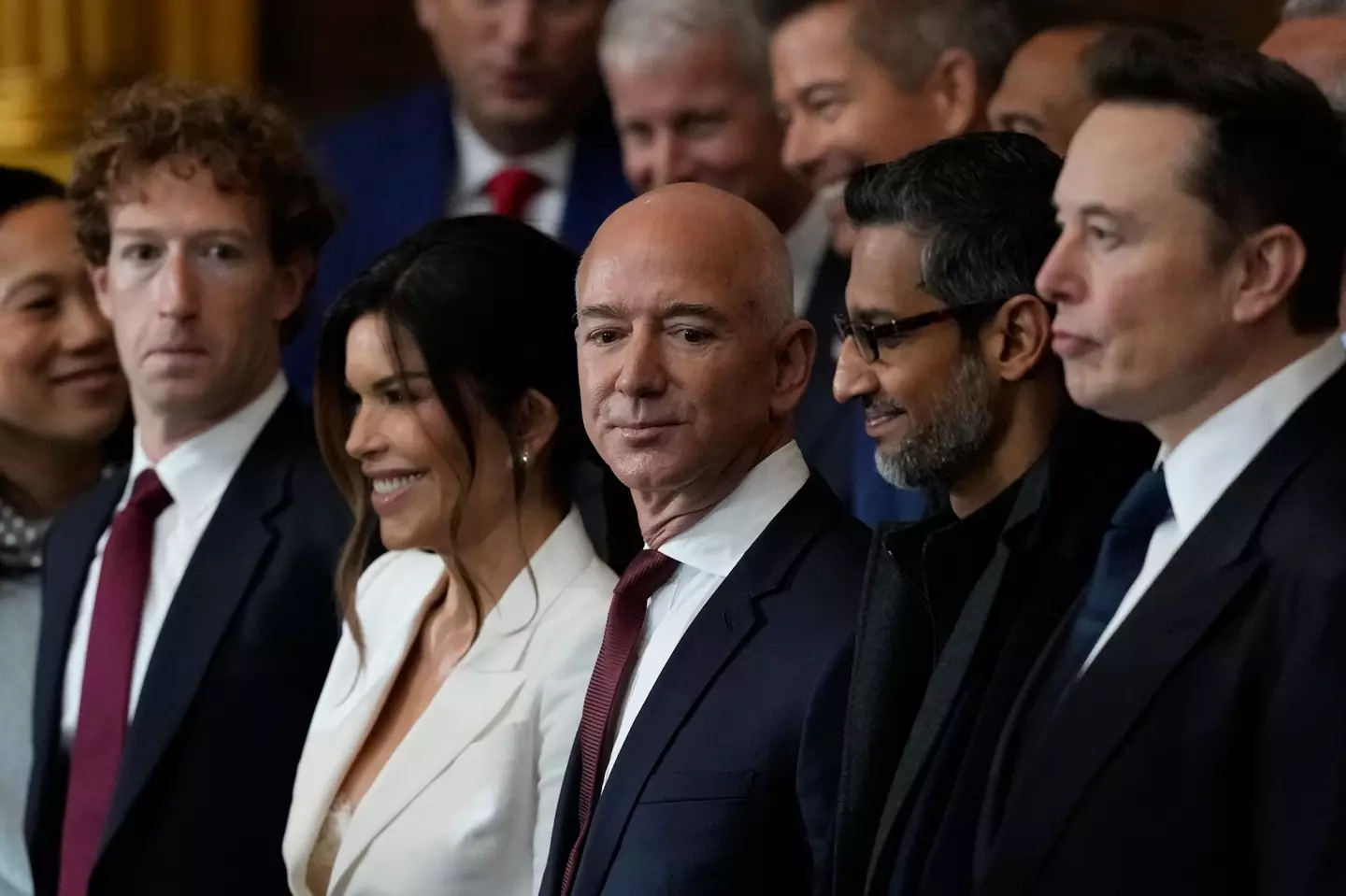
Mark Zuckerberg’s Meta is one of multiple companies that donated to Trump’s inaugural fund (Julia Demaree Nikhinson/Pool/Getty Images)
“With these changes, Meta is continuing to normalize anti-LGBTQ hatred for profit — at the expense of its users and true freedom of expression. Fact-checking and hate speech policies protect free speech.”
Speaking to Sky News, LGBTQ charity Stonewall revealed it has requested a meeting with Meta to raise concerns over the guideline changes.
Simon Blake, who is the CEO of the charity, said: “Online hate and disinformation damages how society views and treats marginalised groups, and undermines societal cohesion.
“Meta’s approach puts politics above people when many are already concerned about the toxicity of online discourse, risking furthering division instead of fostering community.”
These changes coincide with President Trump’s return to the White House after his inauguration took place earlier this week (January 20).
Meta is one of multiple companies that donated $1 million to Trump’s inaugural fund.
Other firms who also donated to the event include Amazon, Apple and OpenAI.

The future of Facebook could be looking very different, and while you might currently use it to wish Aunt Mabel in Australia a happy birthday, you could soon be talking to an artificial intelligence version of your relative.
Meta might’ve struggled with its Metaverse, but alongside keeping invested in the idea, Mark Zuckerberg seems destined to push AI onto us all.
The next two years will apparently involve Meta transitioning ‘hundreds of thousands’ of AI creations onto Facebook, allowing users to create chatbot clones of themselves or whole new online personas.
There are already complaints Zuckerberg is helping fuel the ‘Dead Internet Theory’ that the internet has been deceased since as early as 2016 and is now simply computers talking to computers.
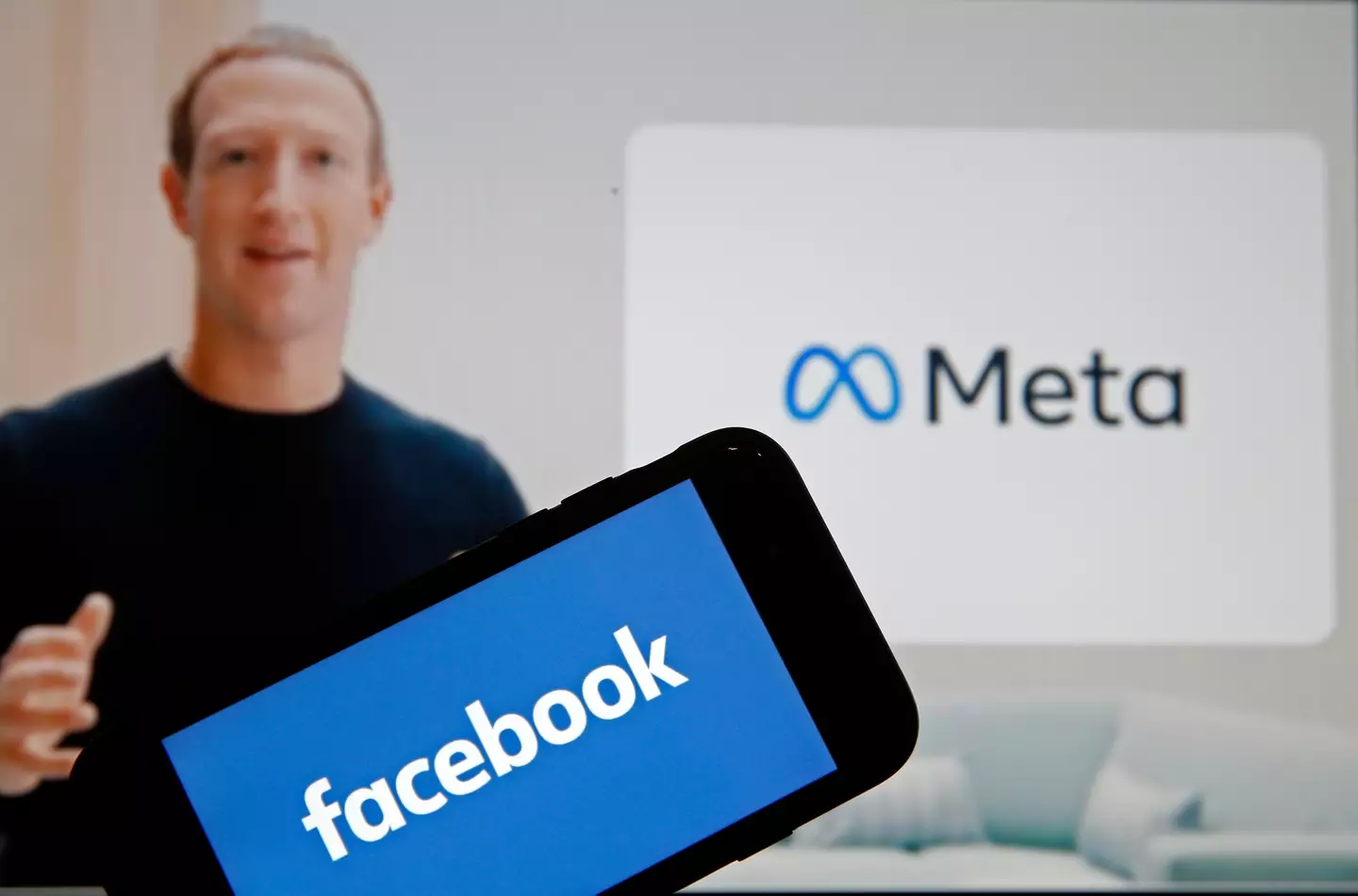
The future of Meta could be ‘flooded’ with AI ( Chesnot / Contributor / Getty)
There’s an even more vocal corner of real-life users who are vowing to shut up shop on Facebook. If this is the case, will robots be left to inherit whatever is left of the social media platform?
When news of Meta’s AI push was shared on r/Futurology subreddit, there was a less-than-welcome reception. One disgruntled Facebook user simply wrote, “Just the nudge I need to delete my Facebook.”
Another added: “I haven’t even been on in years. Almost 10 years. I’ve decided to just fully delete the account after I download my pictures.”
A third chimed in: “Translation: ‘Our real users are quitting the platform, so we will fill our community with fake users instead.”
Looking at the bigger picture of where they feel things are heading, someone concluded: “I hate what they did to Facebook. It was perfect to start with – a fun little way of keeping up with what your friends were doing; status updates and the odd photo they’d taken.
“People made joke profiles for their pets and well-known fictional characters. The whole thing was very chilled.
“Unfortunately they had to turn it into a gigantic money-making machine – so joke profiles were purged, and in came adverts, corporate profiles, news, propaganda, AI drivel; anything to drive engagement, whether good or bad. Obviously that was the plan all along, but it sucks.”
Aside from spending our days interacting with bots instead of real people, others suggested that advertisers won’t be able to tell the difference between real engagement and bot engagement, suggesting it’s a sneaky way of driving up clicks and ad revenue.
Meta’s rules state that any AI-generated content has to be labeled clearly on all platforms, but there’s no word on whether this will continue to be the case.
The thread was full of examples where images are presented as real-life (often to push political agendas) but are clearly created with AI. With this, there are accusations that misinformation is already being spread before we even open the floodgates to wholly AI accounts.
Highlighting other problems, many on Reddit said they’ve already given up on Facebook amid claims that their feed is made up of ‘AI slop’, pages that aren’t relevant to them, and adverts.
Meta is standing strong by its AI commitment for now, but only time will tell whether this gamble pays off.
